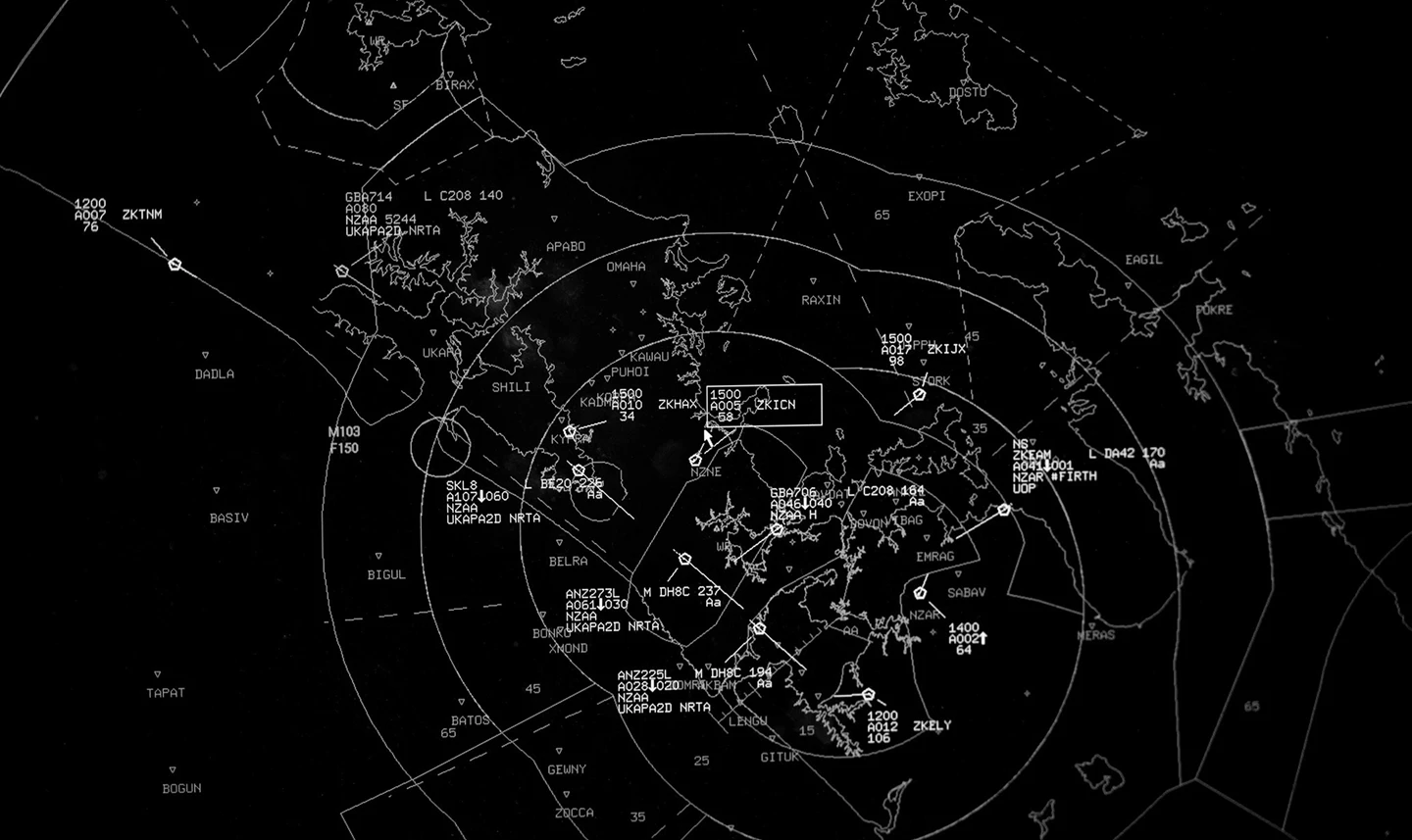Airways, the country’s air traffic controller, achieved a strong net operating profit after tax (NOPAT) of $21.7 million in the year to June 2013, against a backdrop of flat volumes, a major internal transformation project and an ambitious capital expenditure programme.
This result was largely driven by a one-off financial transaction, which resulted in an increase to NOPAT of $12.8 million. Before the one-off transaction was taken into account, the group NOPAT was $9.0 million. This result is down on the previous year’s NOPAT of $9.3 million primarily driven by the $1.4 million cost to deliver Airways’ transformation project. The transaction was the early termination of a cross border lease (QTE Lease) (see explanatory note below).
“Implementation of the transformed Airways began on 1 July 2012 and has meant far-reaching improvements for the business,” says chief executive Ed Sims. It involved splitting Airways into three business groups – a System Operator providing services to NZ and the Pacific, Airways Global Services selling technical products and training services around the world, and a Shared Service business unit.
“New senior managers, a vital pricing consultation process and a massive drive to increase our infrastructure asset base have enhanced the capabilities of Airways. This has happened at the same time as enabling 1.1 million flight movements with excellent safety, on- time performance and productivity metrics. These metrics keep Airways in the top decile globally for safety, and cost efficiency,” says Mr Sims.
Regarding safety, there were 35 loss of separation incidents during the year, down 25% on last year, and none attributable to Airways.
This year Airways is investing nearly $40 million in some significant capital projects, such as the Southern Performance Based Navigation programme. This programme is estimated to save airlines nearly $1 million a year in fuel, and results in about two million kilograms less CO2 emitted into the environment.
“We estimate that for every extra dollar the airlines pay us we will save them a dollar in fuel through shorter, more efficient flight paths and fewer delays.”
Airways Chair Susan Paterson says the year has been a tough one for the global aviation sector. Premium travel and cargo movements seem to be trending upwards, but in international markets such as Europe, Asia and the Middle East there is continuing uncertainty.
“While the domestic outlook is for some growth, in the year just been air traffic movements increased by only 0.1%.”
“Our business is heavily influenced by many factors outside our control. We’ve continued to provide essential services through extreme winds and heavy snow. Throughout these events, and many, many other times during the year our staff have responded with professionalism and commitment.”
Ends

